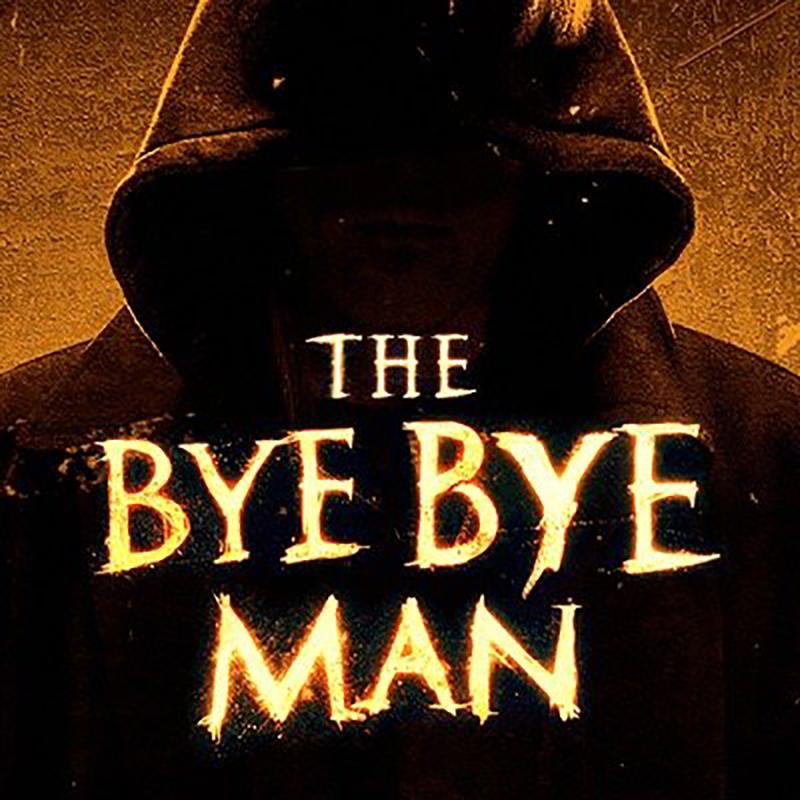Horror movies breaking free of clichés
March 28, 2017
The telephone rings. The parents go away for the weekend. The car doesn’t start. There’s a perfectly placed weapon. The protagonist starts running and trips over the perfectly flat floor. The antagonist suffers a fatal wound, yet somehow is able to keep chasing the victim.
It does not matter what year it is or what big name is behind the main character, the quality of movies in the horror genre has greatly decreased. Unimaginative plots and mediocre scares have tarnished the name of scary movies in the 21st century.
The Bye Bye Man is a recent example of this, as it mimics early films such as Sinister (2012), and Oculus (2013).
All three movies share a common introduction, where the main protagonists decides to move into the creepiest old house on the street, believing the house will be their “new beginning,” even though it is obvious to the entire audience that something is going to go wrong in the near future.
After a half hour of background information that holds little relevance to the main plot, the main characters find an odd object hidden somewhere in their house. Instead of getting rid of the object, however, they all decide to keep it.
This, of course, leads to an evil entity of some sort that stakes out and mentally and physically torture the main characters, ultimately leading to their demise.
Some writers, however, have been able to span out from the clichés of average horror films and make creative story plots that leave audiences feeling odd and a bit paranoid.
The Belko Experiment, Don’t Breathe, and Split are three projects in which writers and directors created deranged and twisted storylines to make the audience feel uncomfortable and paranoid for what comes next. Though the end product may not be as good as many people expected, what matters is that the filmmakers tried something different.
Maybe if more people tried to think outside of the stereotypical scares, the quality of the horror genre would improve and audience members would actually be scared when leaving the theater.




